Social Media Strategy for B2B vs. B2C
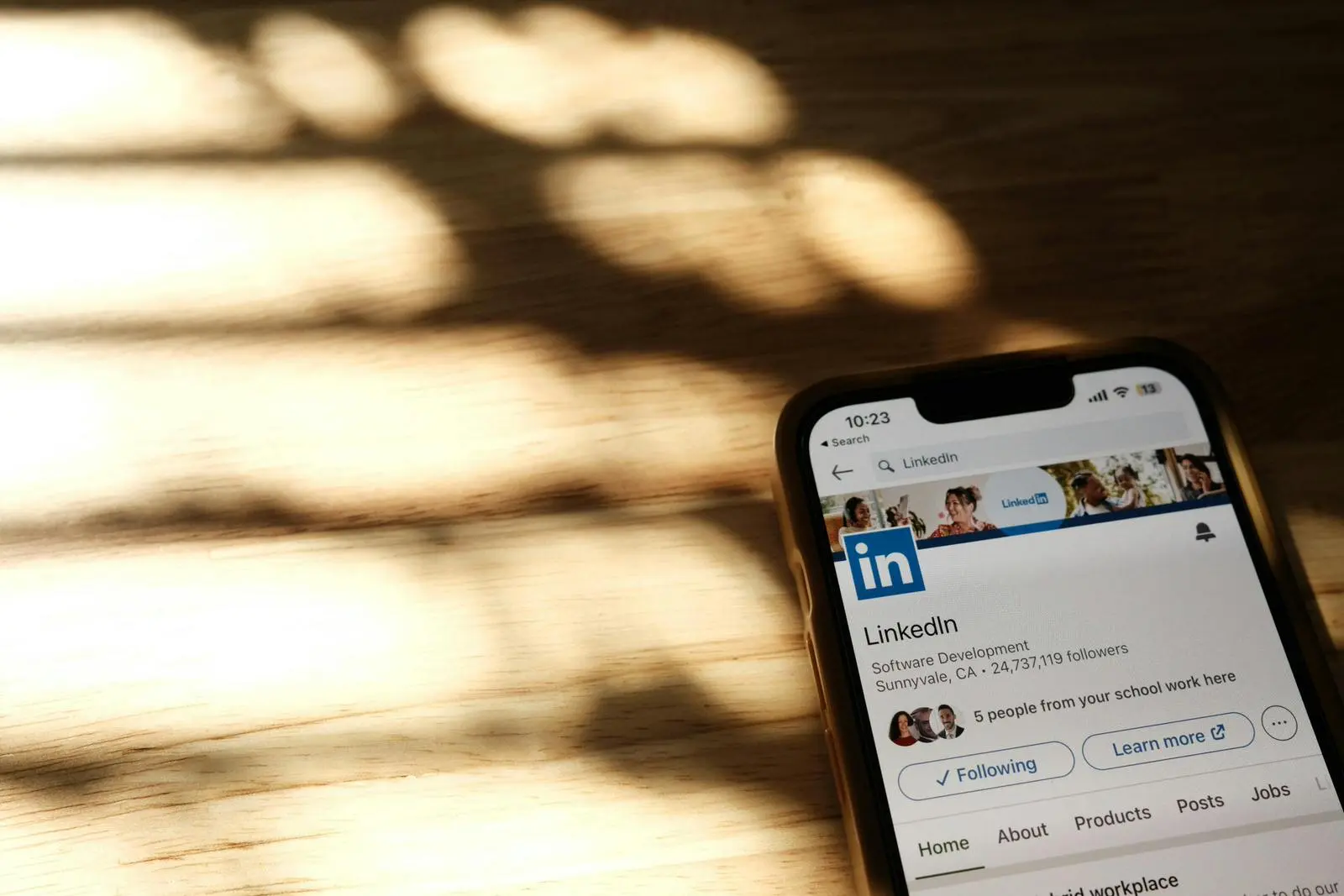
South African businesses frequently make costly assumptions about social media marketing. They either apply business-to-consumer tactics to professional audiences or treat enterprise clients like impulse shoppers. The results speak volumes: wasted marketing budgets, poor engagement rates, and missed opportunities in a market where over 50 million South Africans spend nearly 10 hours daily online.
Many companies struggle because they assume one approach works universally. Yet the reality is starkly different. Whether you're selling software solutions to manufacturing companies or fashion items to individual consumers, your social media strategy must align with how your audience thinks, behaves, and makes purchasing decisions.
Understanding the Core Mindset Differences
The fundamental distinction between B2B and B2C social media lies in decision-making processes. Business purchasers operate through logical reasoning, involving multiple stakeholders and lengthy evaluation periods. A manufacturing company considering new software doesn't impulse-buy based on an Instagram advertisement. Instead, they research extensively, compare options, seek recommendations, and often involve several team members in the final decision.
Consumer behaviour operates on entirely different principles. Individual buyers make emotional decisions, often driven by immediate needs or desires. A person might see an Instagram Story featuring a new skincare product and purchase within minutes. This fundamental psychological difference shapes everything from content creation to campaign measurement.
Research indicates that 60% of B2B marketers plan to increase their social media investments in 2025, with LinkedIn being their platform of choice. Meanwhile, B2C brands focus heavily on visual platforms like Instagram and TikTok, where engagement rates can reach up to 7.50% for accounts with fewer than 100,000 followers.
Platform Performance Reveals Strategic Choices
LinkedIn dominates B2B marketing landscapes, with 85% of B2B marketers considering it their highest-value platform. The numbers support this preference: multi-image posts achieve 6.60% engagement rates on average, and 44% of B2B professionals rank it as their most important social media channel.
.png)
For South African B2B companies, LinkedIn offers direct access to decision-makers. With 74% of African businesses using LinkedIn, it's become essential for local B2B marketing. The platform works particularly well for professional services, technology companies, and industrial businesses looking to establish thought leadership.
B2C brands find success on visually-driven platforms. Instagram's engagement rates average 1.22% overall but can reach 3.65% for smaller accounts. TikTok performs even better, with engagement rates ranging from 2.88% to 7.50% depending on follower count. These platforms excel at storytelling and emotional connection, making them ideal for South African retail brands, restaurants, and consumer goods companies.
Facebook maintains relevance for both sectors, though with different approaches. In Africa, 88% of businesses use Facebook, making it the continent's most popular business platform. B2B companies use Facebook for community building and thought leadership, while B2C brands leverage its shopping features and targeted advertising capabilities.
Content Strategy: Education vs. Entertainment
The content that resonates differs dramatically between audiences. B2B content focuses on education, problem-solving, and demonstrating expertise. Think whitepapers, case studies, industry insights, and thought leadership articles. This content addresses specific business challenges and positions companies as knowledgeable partners.
B2C content prioritises entertainment, lifestyle integration, and emotional appeal. Visual storytelling, user-generated content, behind-the-scenes glimpses, and trend-driven posts perform well. The goal is creating content that people want to share with friends and family.
South African businesses must also consider local context. Content featuring local languages, cultural references, and regional challenges resonates more strongly than generic international content. This localisation becomes particularly important given the economic pressures many businesses face, with 52% of African companies stating that financial constraints have made social media a more affordable and important channel.
Measuring Success: Different Metrics for Different Goals
B2B and B2C businesses require different measurement approaches because their objectives differ fundamentally. B2B social media success centres on lead quality, pipeline influence, and thought leadership establishment. Key metrics include lead generation and conversion rates (B2B organic social converts at 1.7%), share of voice in industry conversations, engagement from target decision-makers, pipeline velocity and deal size influence, plus content downloads and webinar attendance.
The longer B2B sales cycles mean attribution becomes complex. A LinkedIn post might influence a prospect who doesn't convert until six months later, making measurement challenging but crucial.
B2C strategies focus on reach, engagement, and immediate conversions. Important metrics include engagement rates (B2C organic social converts at 2.4%), share of voice during trending moments, user-generated content volume, direct sales attribution, and brand sentiment tracking. B2C campaigns often see immediate results, making performance measurement more straightforward than B2B campaigns.
The performance data reveals stark differences in conversion effectiveness. B2C companies achieve 2.1% conversion rates from paid social media campaigns, while B2B companies see only 0.9%. However, B2B deals typically involve higher values and longer customer lifetime value, making lower conversion rates acceptable.
Making It Work in the South African Context
WhatsApp usage in Africa sits 35% higher than the global average, making it crucial for customer service and direct communication. Many South African businesses use WhatsApp for B2B communications, client support, and even sales processes. This presents unique opportunities for both sectors to create more personal, immediate connections with their audiences.
Understanding these differences helps allocate resources effectively. If you're running a B2B company, focus efforts on LinkedIn, invest in educational content, and prepare for longer measurement cycles. Build relationships with industry influencers and participate in professional conversations.
For B2C businesses, prioritise visual platforms, create shareable content, and improve for immediate engagement. Leverage user-generated content, collaborate with lifestyle influencers, and maintain consistent brand personality across platforms.
The key insight for South African business owners is this: don't simply copy what works for others. Your social media strategy must align with your audience's behaviour, your business model, and your local market context. Whether you're selling to businesses or consumers, success comes from understanding these fundamental differences and building your approach accordingly.
Ready to develop a social media strategy that actually works for your business type? Start by auditing your current approach against these B2B or B2C principles, then realign your content and platform choices to match your audience's decision-making patterns.
Read Similar Success Stories
Discover how other businesses have transformed their marketing challenges into growth opportunities through strategic partnerships with us.
Ready to stop struggling with your marketing?
Book a 20-minute call today and discover how clear communication can transform your business.



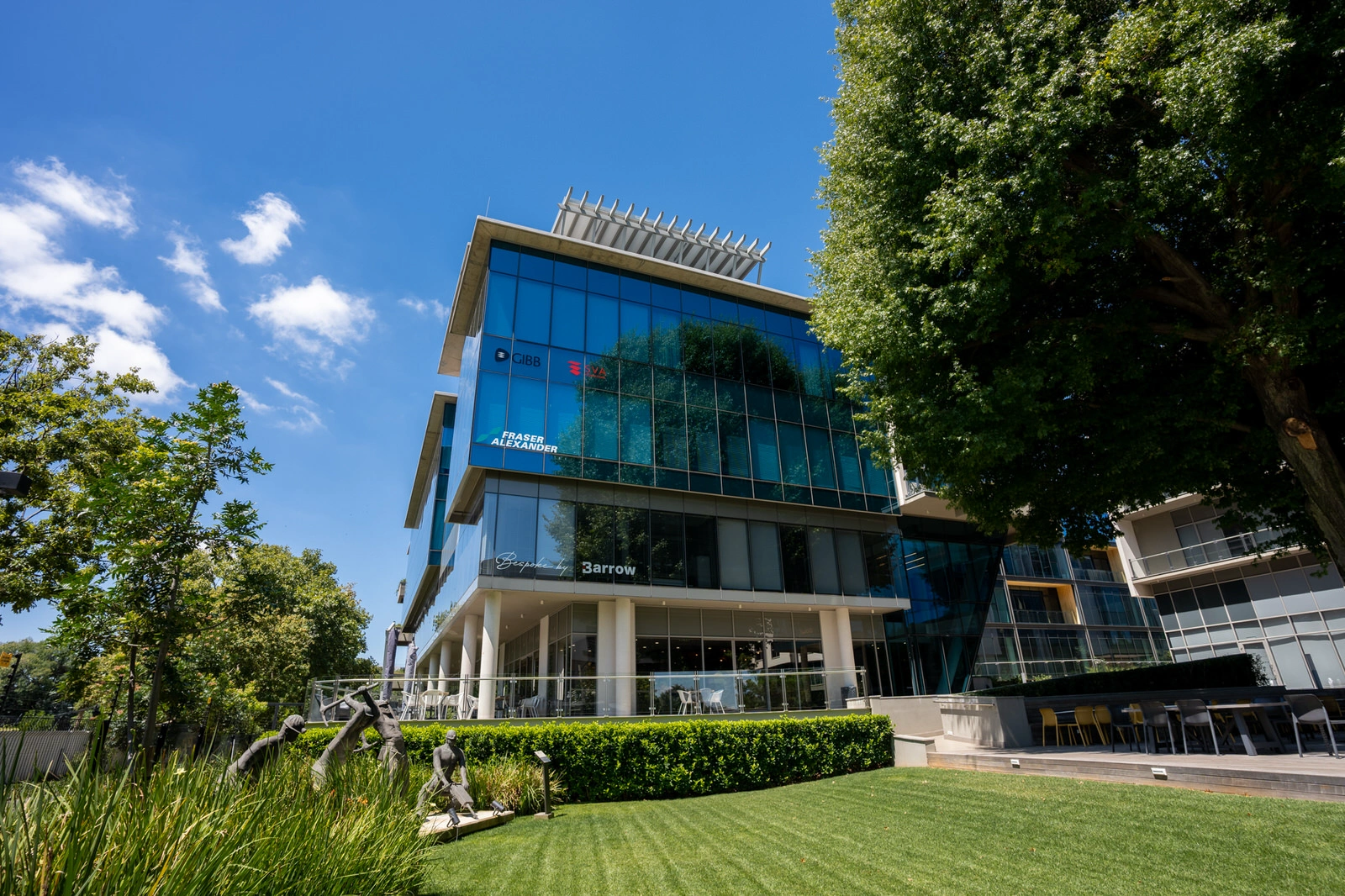



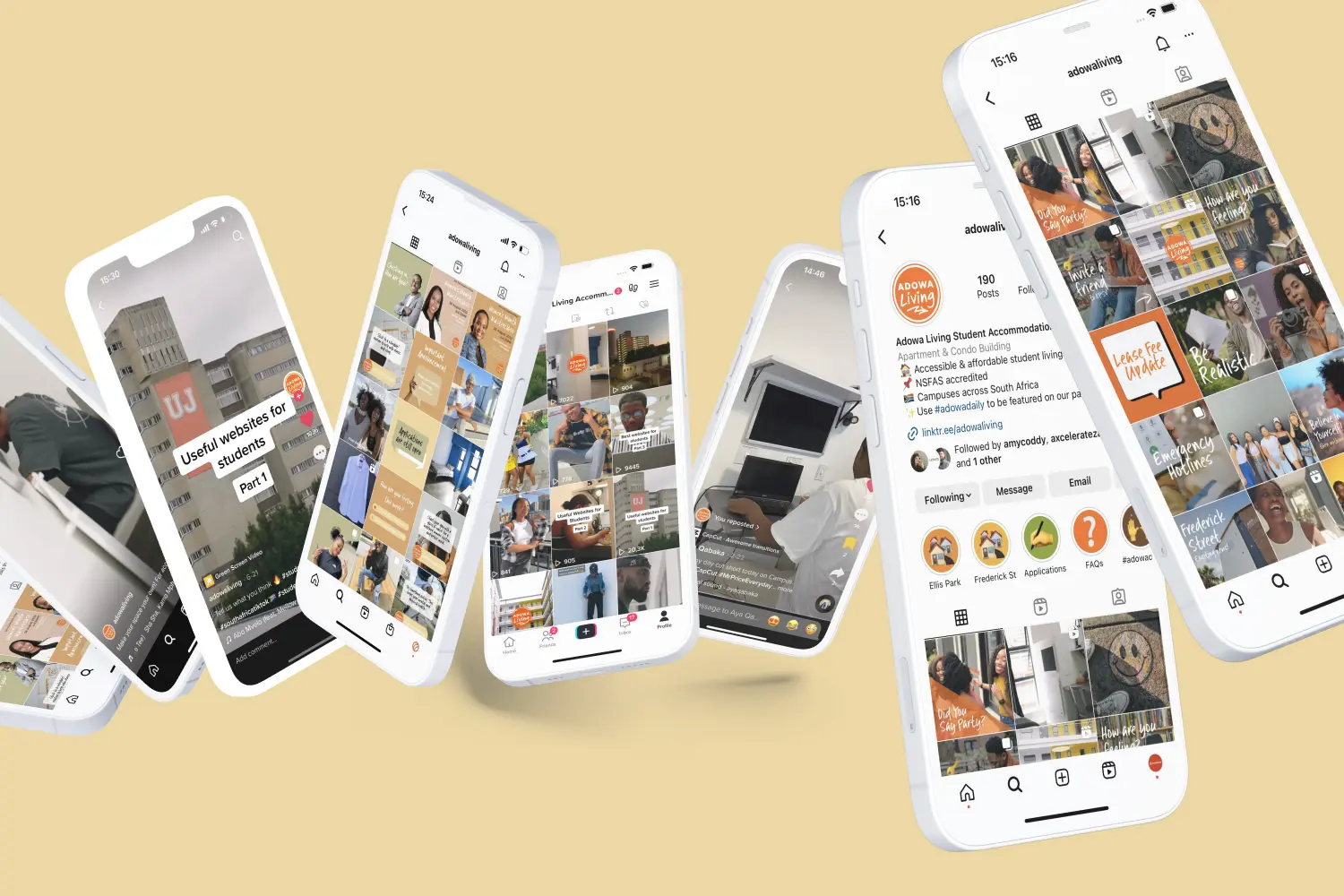

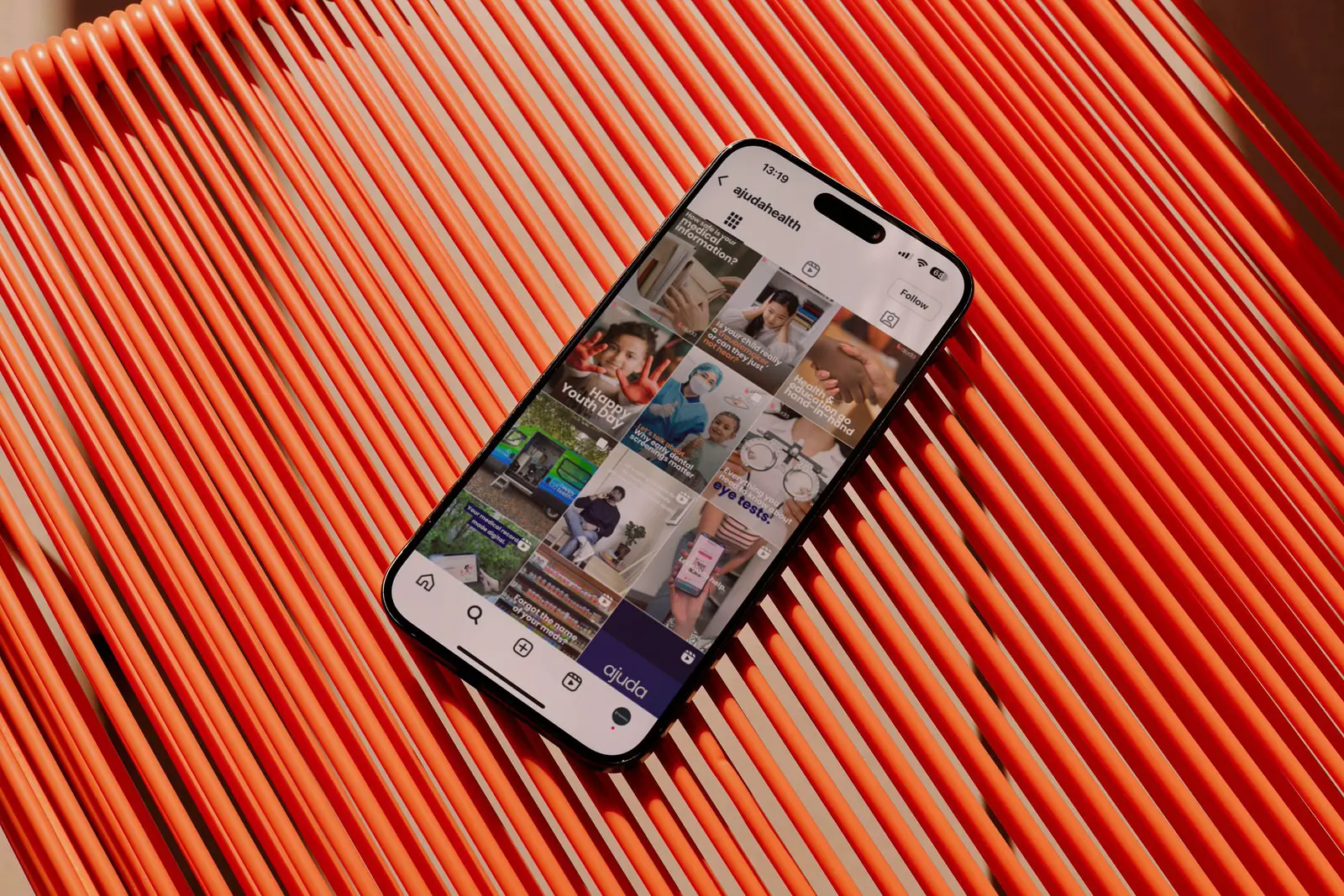

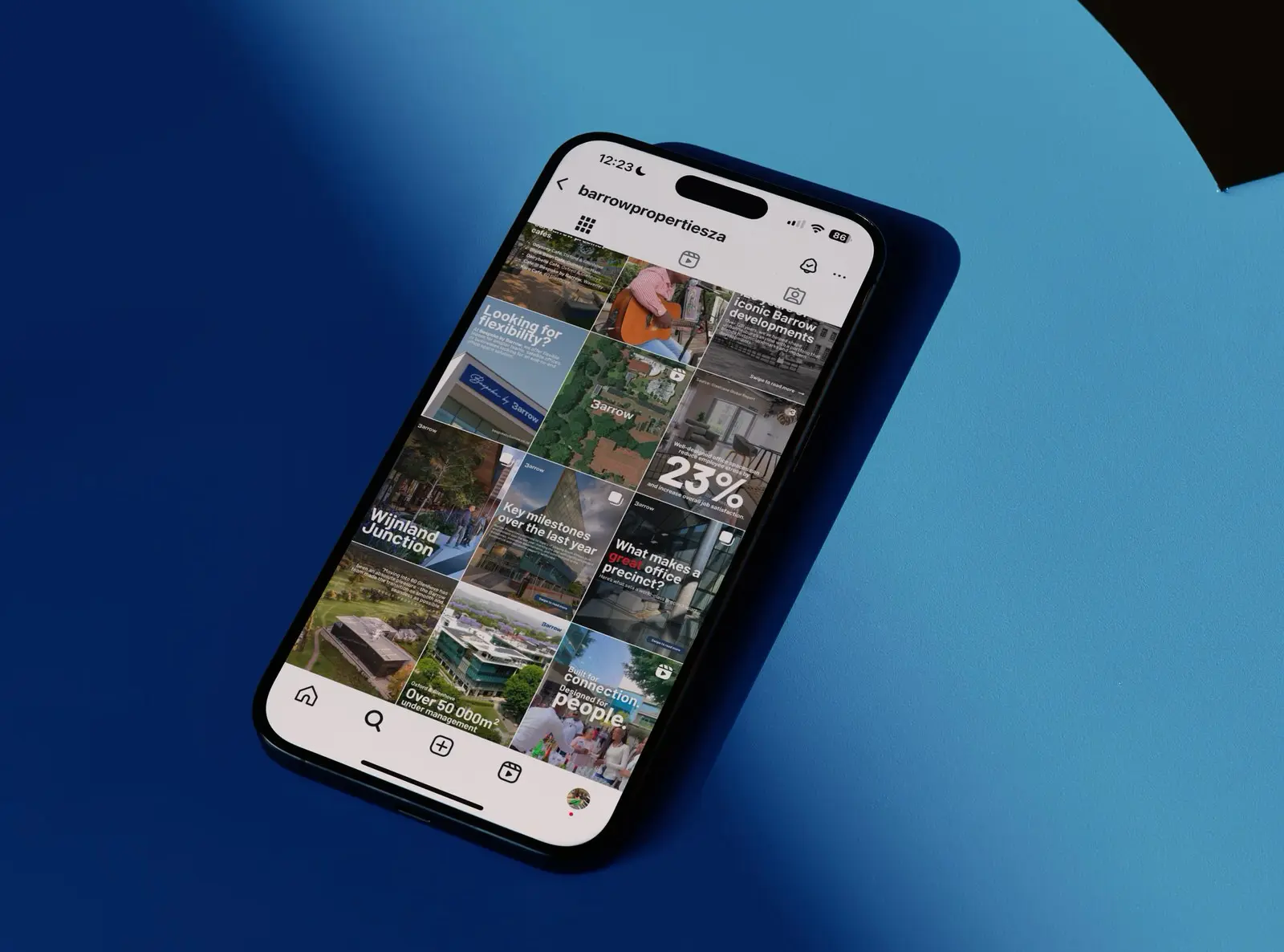
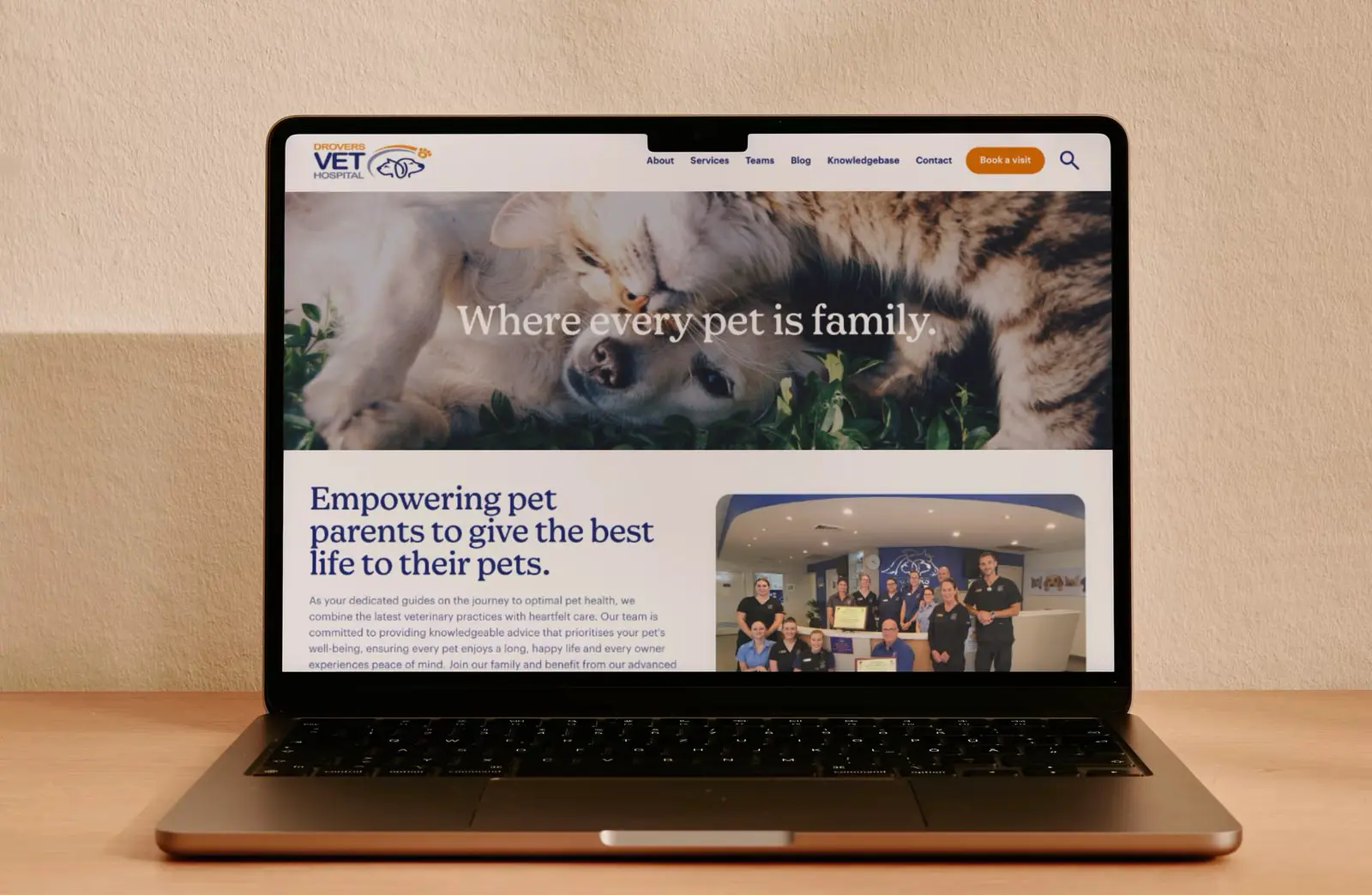


.webp)
.webp)